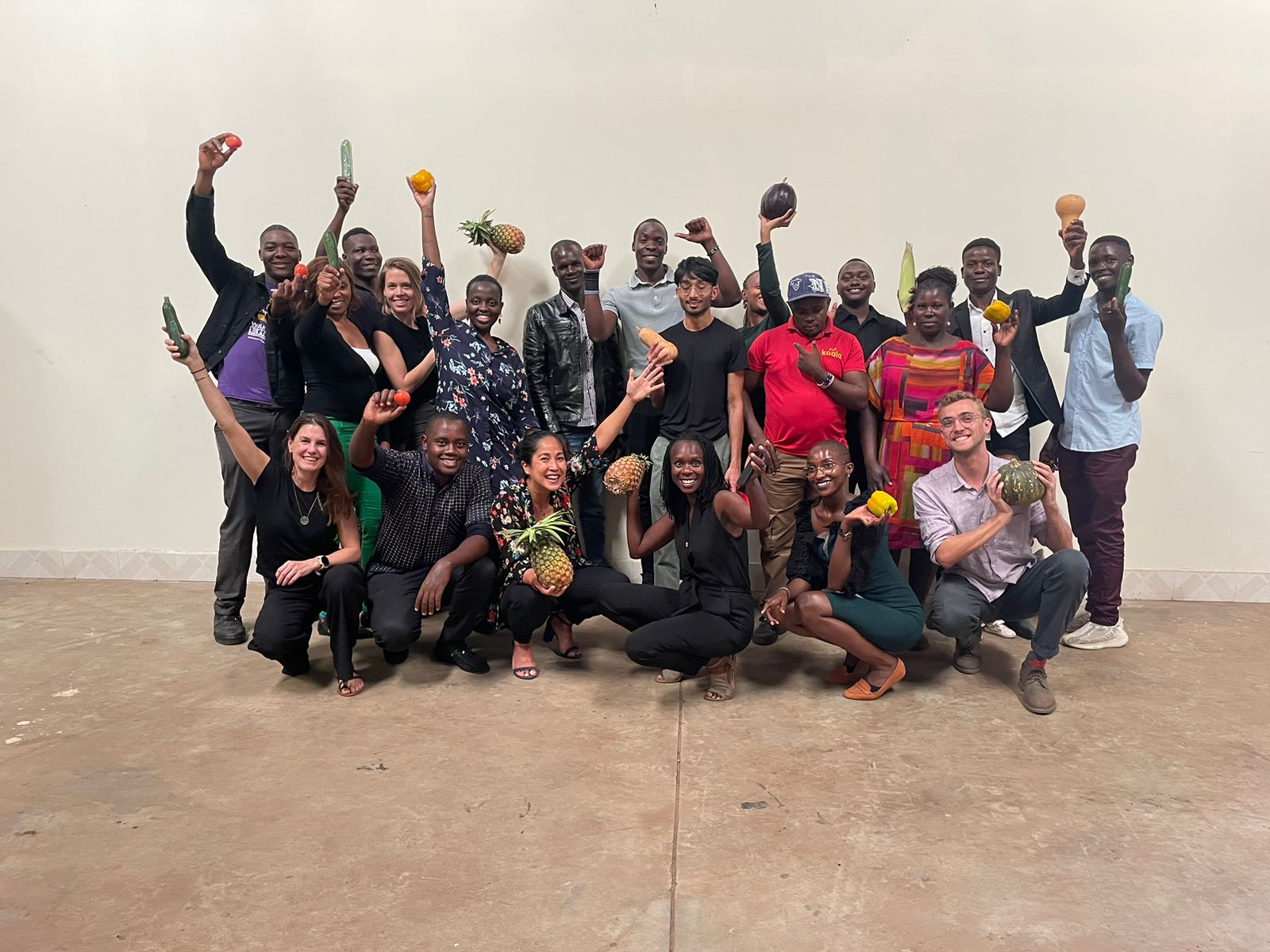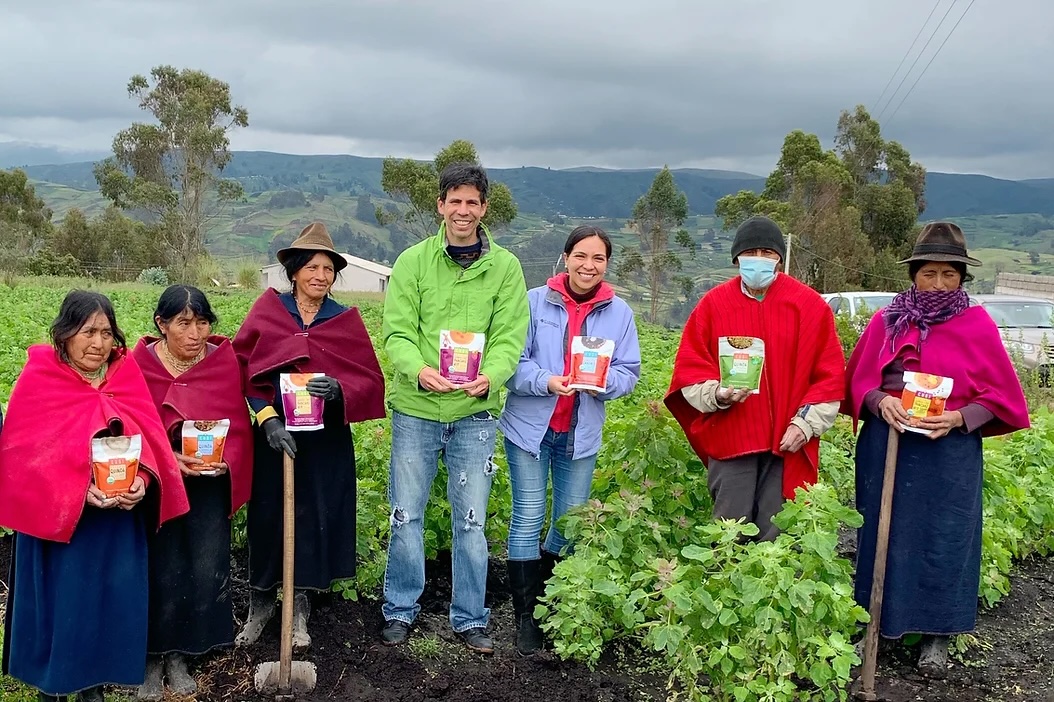ImpactAlpha, April 27 – Africa offers increasingly interesting opportunities for investors to generate financial returns coupled with societal impact.
This article shares the learnings from more than two years of analyzing, engaging with and gathering data on over 200 impact fund managers focused on Africa. It reveals the breadth of the impact fund ecosystem in Africa and the sectors, regions and structures most targeted by impact fund managers. The data exposes a vibrant and growing African impact ecosystem that presents a variety of investment opportunities.
One of the most attractive asset classes for private investors interested in generating impact and tapping into an immense economic opportunity is the African technology venture capital space, which, according to the “2021 Africa Tech Venture Capital” report by Partech, raised $5.2 billion in 2021. This is higher than the amounts raised in 2020 and 2019 combined ($3.4 billion).
The private equity and private debt asset classes are also in the spotlight and given their longer history in the continent, are more established than the VC category. Accessing such investment opportunities may be facilitated by investing in a portfolio of funds, or in other words, a fund of funds structure. This provides not only access to fund investments, and through them to a number of underlying portfolio companies, but also allows for sufficient diversification across asset classes, geographies and sectors.
In this way, the risk of investing in a single company, fund, or country is significantly diminished.
This approach has been adopted by Oryx Impact, an impact fund of funds focused on Africa, which targets investing into impact-focused PE, VC and private debt funds, that generate significant, measurable impact around:
- economic development and job creation
- climate change mitigation and adaptation
- gender equality
Since the start of its operations in late 2019, Oryx Impact has built a database of over 700 fund managers investing in Africa. Out of this database, over 200 funds were interviewed, 60 went through a detailed screening process, 25 are in the pre-due diligence stage and 3 are currently undergoing full due diligence.
Geographies and sectors
Our first conclusion is that fund managers tend to develop regional or pan-African investment approaches to access the best quality deals across the continent and to diversify away the country risk. Out of the 200 interviewed funds, 65% have a pan-African or multi-region geographic exposure (region understood as either Northern, Eastern, Western, Central or Southern Africa), 24% are focused on a specific region and 11% are funds focused on a single country.
Looking closer at the funds with specific regional focus, the region that is most popular is East Africa (11%), then equally North and West Africa (6%), with the lowest number of fund managers focused on Southern (2%) and Central Africa (1%). Looking at single country funds, the most popular geographies are Egypt (4%) and Nigeria (2%).
In terms of sector focus, 63% of the interviewed fund managers are either sector agnostic or focus on more than one vertical. This reiterates the fund managers’ desire to build flexibility into their investment strategy, allowing them to select the best available investment opportunities across a variety of sectors.
Looking at all the sectors targeted by the agnostic and multi-sector fund managers, the most popular verticals are: Financial Services (15%), Food and Agriculture (15%), Clean Energy (13%), Healthcare (12%), ICT (11%), and Education (10%), with significant focus also on Mobility and Logistics (7%) Consumer Goods (4%), and Manufacturing (3%).
Fund structures
The vast majority of interviewed funds, 78%, use a standard, closed-ended structure, which is the most accepted among institutional investors. Sixteen percent of funds have an open-ended structure and 6% use other structures, most commonly a holding company, or HoldCo. An open-ended structure seems to work best for Private Debt funds, which provide regular liquidity and relatively short lock-up periods to their investors. HoldCo structures seem to be typical for small funds ($1 million to $10 million), which predominantly have high net worth individuals and family offices amongst their core investors.
In terms of fund domicile, the analyzed fund managers’ jurisdictions of preference are Luxembourg (23%), Mauritius (23%), the Netherlands (13%), Delaware (9%), and Cayman Islands (7%). Luxembourg is preferred by fund managers mostly fundraising in Europe, whereas Delaware and Cayman Islands are preferred jurisdictions for funds with a predominantly American investor base.
Mauritius has been historically the most popular jurisdiction for African fund managers; however, due to technical deficiencies in addressing issues around Anti-Money Laundering and Counter Terrorist Financing, it was grey listed by the Financial Action Task Force, and as a result, by the European Union Commission.
These deficiencies have most recently been sufficiently addressed by Mauritian authorities and the country is no longer on the FATF and EU Commission’s gray list, implying that Mauritius will likely regain momentum as a key domicile for African fund managers.
Fundraising timelines
Out of the 200 interviewed funds, 88 have reached a first close. We analyzed the fundraising timelines of the first funds raised by these 88 fund managers. On average, it took first time fund managers 3.5 years to raise their fund, and 42% of funds had reached their first close within two years. What seems to be the critical factor speeding up fundraising is having a strong anchor investor and a highly experienced team with a track record relevant to the pursued strategy.
In terms of the proportion of seasoned versus first and second generation funds, 41% of the interviewed fund managers are first time teams, 27% are second time teams and 32% are in their third or older fund generation. This points to a young and vibrant ecosystem, where many new teams are being set up, which presents good prospects for potential limited partners looking for innovative ideas and approaches to allocating capital to underlying investees.
Contrary to the popular belief that funds in Africa are mostly financed by public investors, including mostly the development finance institutions, 47% of the interviewed fund managers said that majority of their funding comes from private investors, 32% had their funding mostly from public investors and 20% had a roughly equal amount committed from both public and private limited partners.
Diversity, inclusion and local presence
Given the strong gender equality focus of Oryx Impact, female-led and gender-lens funds have been particularly targeted in the deal flow sourcing activities, given their natural propensity to invest more into female led businesses or companies targeting women as primary customers or beneficiaries. This resulted in 52% of the interviewed sample being female led funds, as defined by the 2X Challenge criteria.
Another important factor, which is considered critical to success, particularly of PE and VC funds in Africa, is having local presence and local, senior team members. Within the interviewed funds, 58% have at least a quarter of their senior team of local descent and 80% have physical presence in the continent. Looking at historical performance of PE and VC funds operating across the continent, it is evident that local teams have better access to high quality pipeline and better chance of success in the long term.
Investing for impact
As an impact fund of funds, Oryx Impact isn’t likely to include in its deal flow funds that do not intend to generate impact and measure it on a regular basis. Hence all of the interviewed funds were expected to generate impact within at least one of Oryx Impact’s three impact categories. A majority (64%) of the interviewed fund managers focused on economic development and job creation, 35% on climate action and 27% on gender equality, with 42% of funds focusing on more than one impact objective.
To gauge the fund managers’ commitment to impact, a question about linking carried interest to impact performance was asked during the screening analysis. 24% of screened fund managers said that they are either contemplating or have a readily developed impact carry mechanism. Most fund managers stated that they would be open to a conversation on impact carry with any substantial potential investor in their fund, especially if such an investor would have a specific impact carry model to propose.
The extensive analysis of over 200 African impact funds reveals the ambition and drive of the fund managers interviewed and an abundance of teams with relevant experience of investing in impactful companies generating attractive financial returns.
Eva Abel is an Investment Manager at Oryx Impact and has been active for over 10 years in the field of venture capital.











